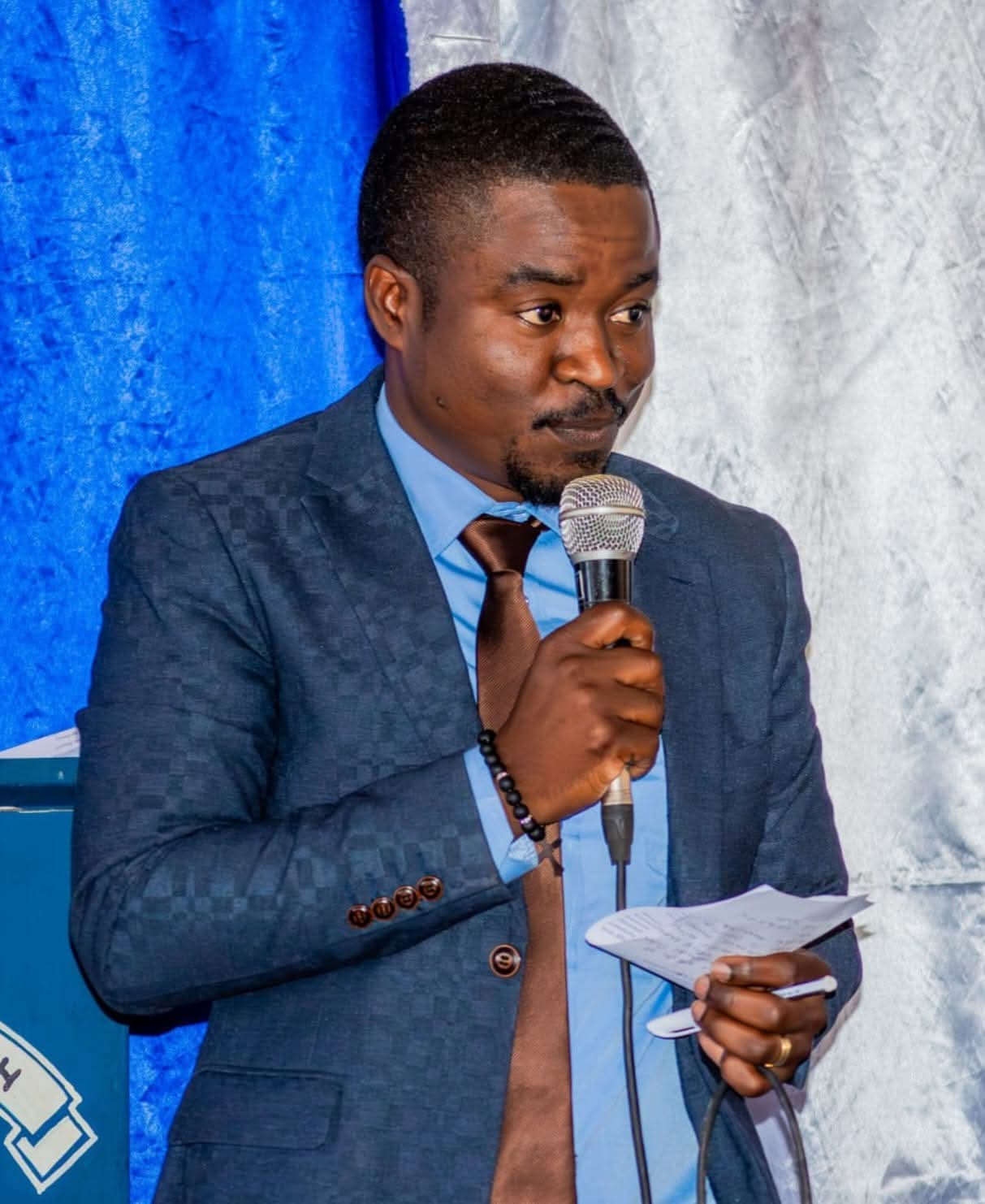By Burnett Munthali
Sawyer Owen Kanyumba, a prominent political commentator, has once again stirred the political scene with scathing remarks about the current administration’s failure to act swiftly in matters of national importance. In a recent statement on the Politics and Ideologies platform, Kanyumba drew comparisons between the leadership of former President Bakili Muluzi and the current regime, particularly regarding their responses to significant national events, such as the deaths of prominent figures.
Kanyumba’s remarks focused on the handling of national tragedies, citing the death of the late music legend and political activist, Evison Matafale. Muluzi, who was president at the time, wasted no time in responding to the event, instituting a Commission of Inquiry just two weeks after Matafale’s death. Kanyumba emphasized that this was done without external pressure, showcasing Muluzi’s sense of urgency and accountability in addressing a matter that had significant political and social implications.
“Muluzi acted swiftly and without pressure when Matafale, a figure less influential than our sitting Vice President, passed away. A Commission of Inquiry was set up in just two weeks to investigate the cause of his death, and the people saw the leadership’s commitment to justice and transparency,” Kanyumba stated.
In contrast, Kanyumba sharply criticized the current leadership for its failure to institute a Commission of Inquiry into the death of the late Vice President Saulos Chilima, a sitting official, despite the growing public outcry and the political weight of the situation. Six months after Chilima’s passing, the government had not acted until external pressures forced them to make the announcement. Kanyumba described this delay as a “dereliction of duty” and highlighted the disarray and indecisiveness within the current administration.
“This current government has taken a shocking six months to institute a Commission of Inquiry into the death of a sitting Vice President. And they have done so only after being kakamizidwa (pressured),” Kanyumba said, expressing disbelief over the prolonged inaction.
He further criticized the lack of political will and foresight to deal with issues swiftly, stressing that such delays not only tarnish the administration’s credibility but also undermine the public’s trust in leadership.
Kanyumba’s comments are not just a critique of the current leadership’s actions but also a broader call for accountability and political reform. He pointed out that Muluzi’s decision to act quickly, even with a figure like Matafale, who had not yet achieved the same political stature as Chilima, demonstrated the kind of leadership that should be expected from those in power.
“Leadership is not just about making decisions when it’s politically convenient, it’s about making tough decisions when the nation is watching. What we need is leadership that prioritizes the people’s trust, ensures justice, and handles national matters without hesitation,” Kanyumba added.
Kanyumba’s remarks reflect growing frustration with the pace and responsiveness of the current leadership in Malawi, especially as it pertains to issues of national security, justice, and political transparency. The delay in the Chilima inquiry raises questions about the commitment of the government to uphold democratic principles and ensure that high-profile cases are handled with the seriousness they deserve.
As the pressure builds, it remains to be seen whether the government will respond to Kanyumba’s criticism with tangible actions or further delays. What is clear, however, is that the Malawian public is becoming increasingly disillusioned with the leadership’s lack of urgency and accountability.
In a time when political ideologies are rapidly changing, it is crucial that those in power act swiftly and decisively to maintain public confidence and deliver on their promises. The delay in addressing issues like the death of a sitting Vice President serves as a stark reminder of the importance of proactive leadership in the face of national crises.
As Kanyumba concludes, “The people deserve more than just empty promises; they deserve swift, decisive action—action that demonstrates true leadership, not just political maneuvering.”




